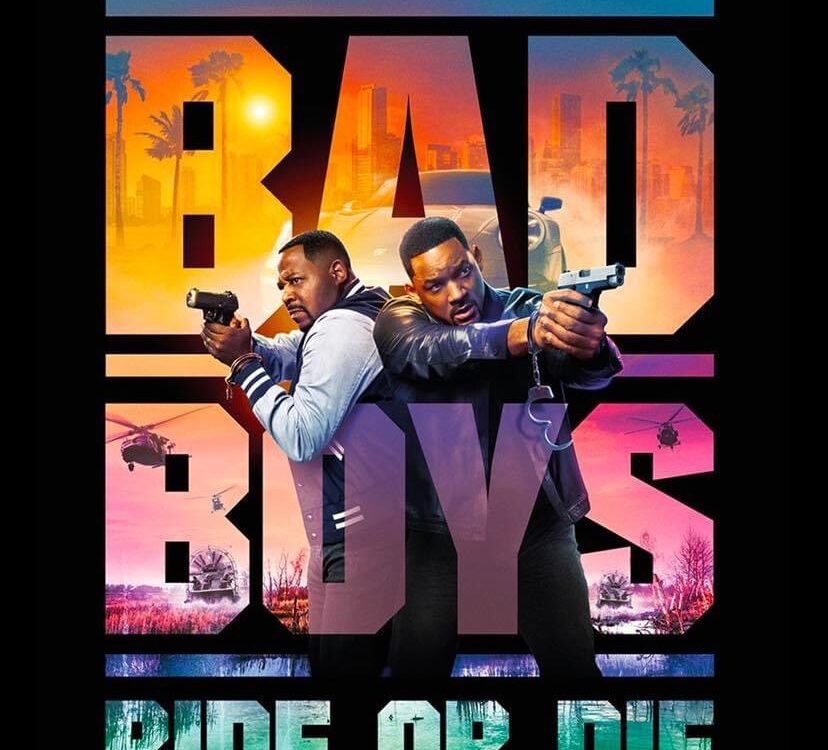Chapelle des Pénitents blancs
It all begins with the discovery made by Giraffe, a little girl nicknamed thus by her recently-deceased mother. She’s all of 9 years old, but that doesn’t prevent her from unearthing this chaotically logical reasoning: “the man who is her father” is an out-of-work artist, he can’t seem to “earn money,” which in turn prevents him from getting cable, “which isn’t a luxury since you get access to things like Discovery Channel.” And so Giraffe leaves, along with her teddy bear Judy Garland, on a quest to find money to pay for the subscription. Her encounters in the streets of Lisbon help her understand that adults cannot solve all her problems, especially those that turn out to be more serious than a lack of money. To follow the odyssey of this little girl, with her love for definitions and her wealth of questions, Thomas Quillardet draws the fluctuating map of her world and of the way she pictures it. Four actors drive this fairy tale without a moral, calling on numerous locations and characters to lead the child on the path to growing up. Unsure whether the world is too small for her or if she’s too big for it, Giraffe will ignore questions of scale to blaze her own trail: that of a peaceful vitality, of a restored confidence where sadness and joy come together to serve as the foundation of life…
Thomas Quillardet
Thomas Quillardet began directing in 2003 with Copi’s Four Twins and Nelson Rodrigues’s The Asphalt Kiss, during the festival Teatro em Ombras which he organised in Paris in 2005 to promote Brazilian theatre, a country to which he has strong ties. A recipient of the “Villa Médicis hors les murs” award, he directed in 2007 Le Frigo (The Fridge) and Loretta strong by Copi, a writer he is particularly fond of. Thomas Quillardet then started translating Brazilian and Portuguese writers into French. Merging their respective companies, Aurélien Chaussade, Maloue Fourdrinier, Claire Lapeyre Mazérat, Aliénor Marcadé-Séchan, and Thomas Quillardet founded the collective Jakart, within which he notably directed Valère Novarina’s The Meal, Marcio Abreu’s A History of Rock, Goldoni’s The Holiday with Jeanne Candel, and Autonauts of the Cosmoroute, adapted from a book by Julio Cortázar and Carole Dunlop. In 2009, Thomas Quillardet went back to Brazil to direct Valère Novarina’s The Flying Workshop. In 2014, his first foray into children’s theatre with Les Trois Petits Cochons (The Three Little Pigs) met with grea Nacional Dona Maria II in Lisbon, Tiago Rodrigues is an actor and director who came to writing by way of the stage. In addition to plays, he has written articles, screenplays for cinema and television, and prefaces for poetry collections. In 2015 and 2016, French audiences were given the opportunity to discover By Heart, Bovary, Sadness and Joy in the Life of Giraffes, and Antony and Cleopatra, the visible products of an ongoing writing process constantly evolving during rehearsals. Attached to memory, to the rewriting of historical remains, or to the interlacing of intimate memories and political facts, his theatre focuses resolutely on the actors, a result of his own experience of the stage. At the Festival d’Avignon, Tiago Rodrigues presented Antony and Cleopatra at the Théâtre Benoît XII in 2015, before coming back in 2017 with Souffle (Breath).




